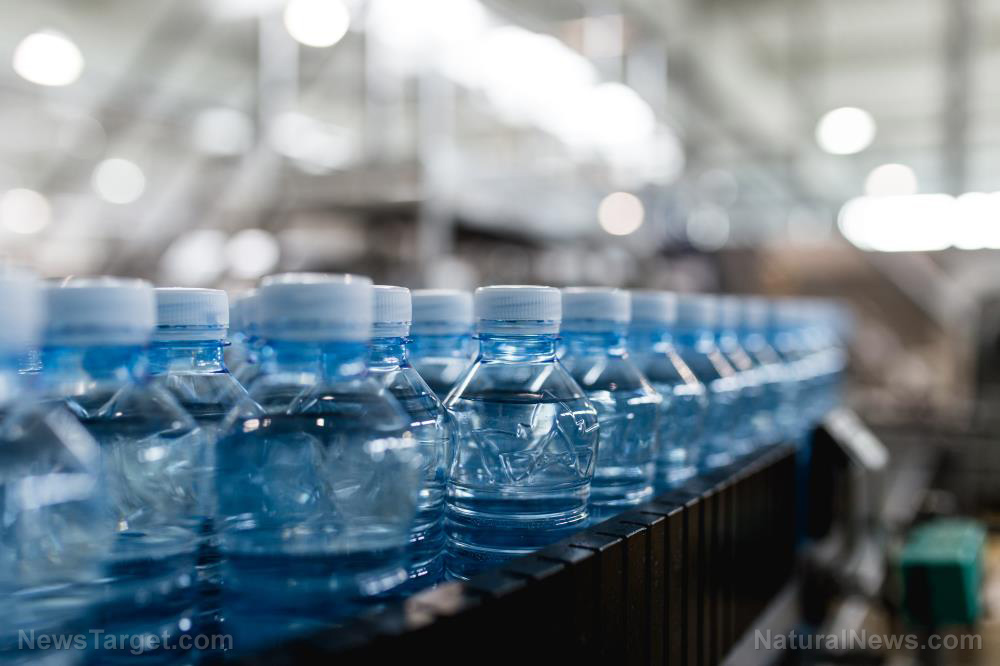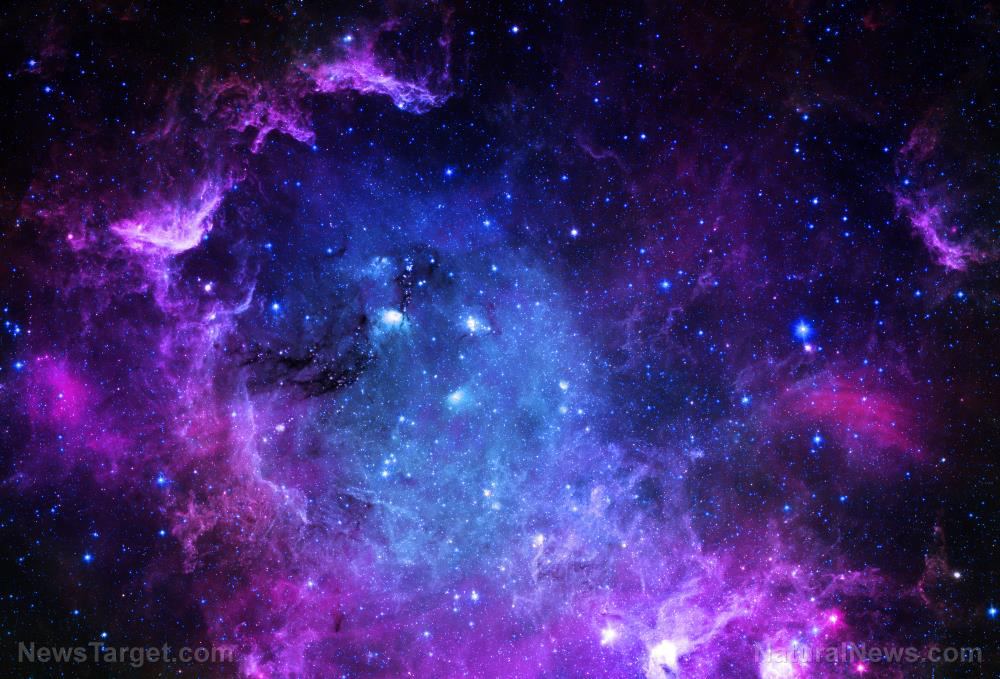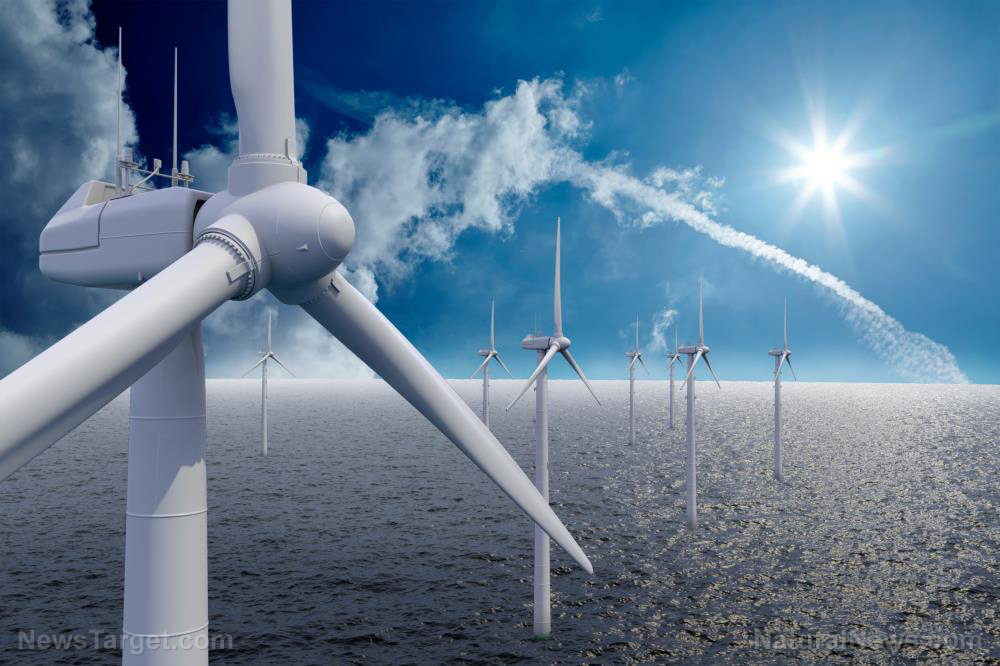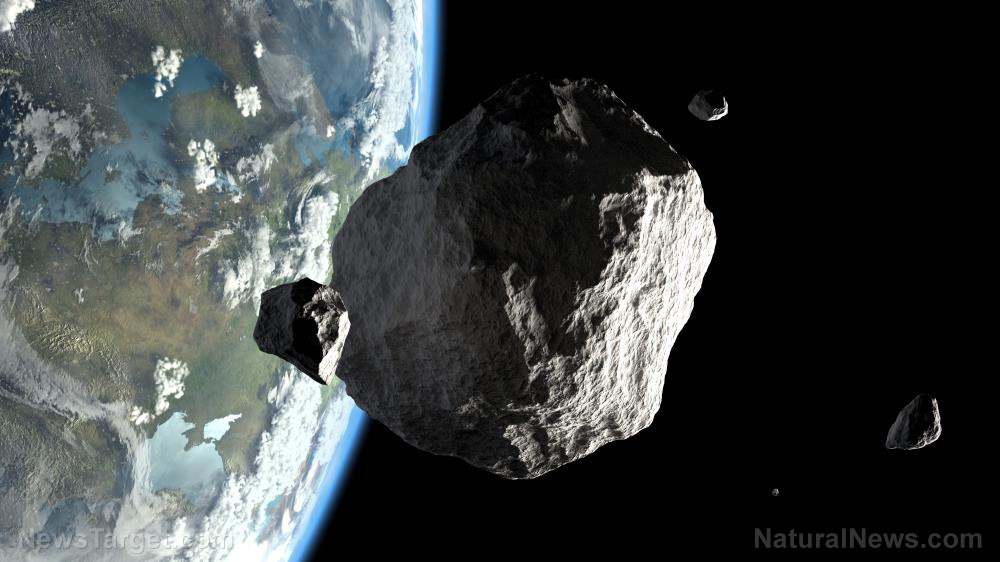Elon Musk and Tesla’s China ties threaten SpaceX’s NASA contract
08/31/2020 / By Franz Walker

The contracts awarded to SpaceX are under threat as congressional investigators look into the Chinese funding of founder Elon Musk’s electric car company, Tesla.
Musk’s SpaceX is one of the companies involved in the National Aeronautics and Space Administration’s (NASA) Commercial Crew Program, which seeks to utilize private industry to conduct spaceflights from American soil. While SpaceX doesn’t have any Chinese funding, Musk’s other company, Tesla does. It’s this link that worries investigators.
“What is there to stop them from going to Musk directly and saying, ‘We’ll call your line of credit early, unless you give us X, Y, or Z?’” asked a congressional Republican aide involved in negotiations over the comprehensive legislation governing the space agency. “And, there’s no real clarity that there’s any kind of mechanism that would stop that other than good behavior by an individual.”
Congress questions China’s possible influence on SpaceX founder Musk
The question of how much China can influence Musk and SpaceX underlies the suspicions coursing through Washington of Beijing. China’s penchant for intellectual property theft has created uncertainty even around federal government contracts awarded to industrialists such as Musk, who has pioneered both electric cars and spaceflight in the private sector.
“I’m concerned that companies in China could come into the U.S., make a sweetheart deal, take sensitive information, take proprietary technologies, and use it to enrich their own space program, their own national security efforts in China,” said Colorado Sen. Cory Gardner to the Washington Examiner.
With this in mind, Gardner, who’s a member of the Senate’s Commerce Committee and chairs the Foreign Relations subcommittee for East Asia, has offered two amendments addressing that risk. The first of these would have the Government Accountability Office Review NASA contractors for potential ties to China. The second advises NASA leadership to take those ties into account when awarding contracts. (Related: NASA researcher and Texas A&M professor accused of secret collaboration with China.)
Gardner’s amendments put a spotlight not only on aerospace companies that have a direct connection to Chinese financial support but even on American companies “that share ownership with NASA contractors. The language used broadens the scope of the review to ensure that China can’t establish American shell companies to fly under the radar.
The review puts SpaceX at a disadvantage, given that Tesla secured a line of credit worth about $1.4 billion from Chinese state-owned banks in December. This could also explain why SpaceX’s main rival, the joint Lockheed Martin and Boeing led United Launch Alliance, urged Gardner to introduce the bill, according to congressional sources familiar with the matter.
“The thrust of that is obviously self-interested because they’re competitors, but it doesn’t mean that it’s not a valid concern,” stated the first congressional Republican aide to the Washington Examiner. “It’s sort of a classic dynamic, right? An established provider, an established interest, that is challenged by an upstart interest … If there was no SpaceX, ULA would love it because ULA would get more contracts. That doesn’t mean that the question isn’t worth asking and answering, though.”
Other congressional aides, however, have emphasized that the legislation isn’t tailored narrowly to apply just to Musk’s companies. One aide said that there were “at least seven aerospace companies that have some element of Chinese investment.” In particular, the aide mentioned Tencent, the social media company that has been under the crosshairs of President Trump’s administration in recent months.
Meanwhile, an aide to Gardner said that the legislation is just “responsible vetting.”
“But to say this is a rubber stamp of something ULA gave us and it’s a ULA-Space X [fight reveals] a lack of recognition of what the real issue is,” they added.
Legislation could have far-reaching effects for NASA’s Commercial Crew Program
Should the legislation affect SpaceX’s NASA contracts, it could set back the Commercial Crew Program. Of the two companies involved, the ULA and SpaceX, only the latter has successfully launched their spacecraft.
SpaceX launched the Crew Dragon Endeavour on May 30, 2020, carrying two NASA astronauts to the International Space Station (ISS). The launch represented the first manned spaceflight to be launched from American soil since the now-retired Space Shuttle’s final mission in 2011.
ULA’s Starliner program, on the other hand, suffered a delay after an unmanned test flight to the ISS in December experienced issues, forcing the rendezvous with the space station to be aborted. The test flight has since been moved to this coming fall. It’s first manned test flight isn’t planned to happen until July of 2021.
More than delaying the return of regular manned spaceflights from U.S. soil, taking SpaceX out of the program would undermine one of the core ideas behind the Commercial Crew Program. When it was established, one of the program’s goals was to allow multiple American companies a chance to develop manned launch systems for low-earth orbit and accessing the ISS, spurring the development of the American space launch industry. The idea was that this would give NASA low-cost access to the ISS while also freeing up its resources for its own internal development efforts on future deep-space missions such as the Artemis moon landing program.
With other companies, such as Blue Origin and Sierra Nevada, having already dropped out of the program, the loss of SpaceX’s contract would effectively give the ULA a monopoly on low-earth orbit and ISS service launches.
Follow Space.news for more on America’s efforts to once again take the lead in space exploration.
Sources include:
Tagged Under: China, communist China, Congress, corruption, Elon Musk, financial ties, government, intellectual property, NASA, national security, Space, space exploration, SpaceX, tesla
RECENT NEWS & ARTICLES
COPYRIGHT © 2017 FUTURE SCIENCE NEWS




















